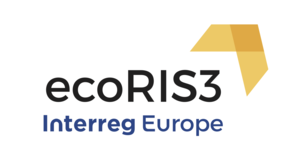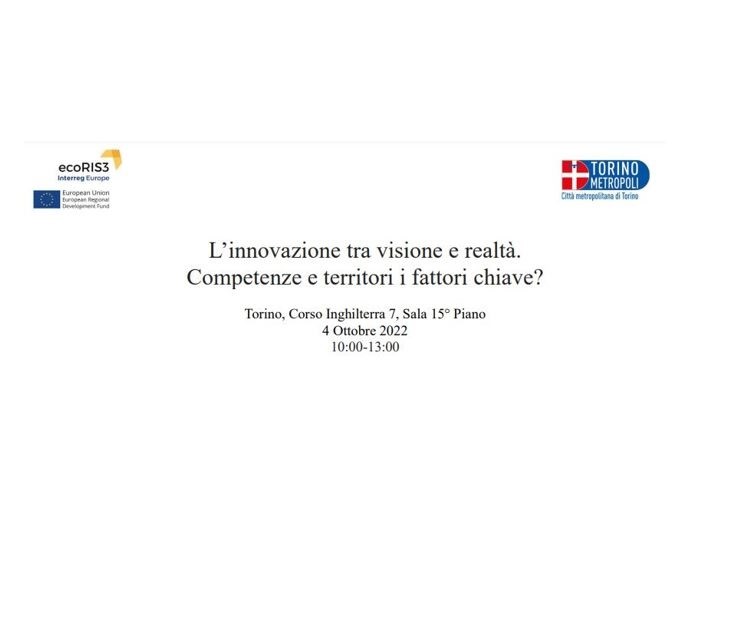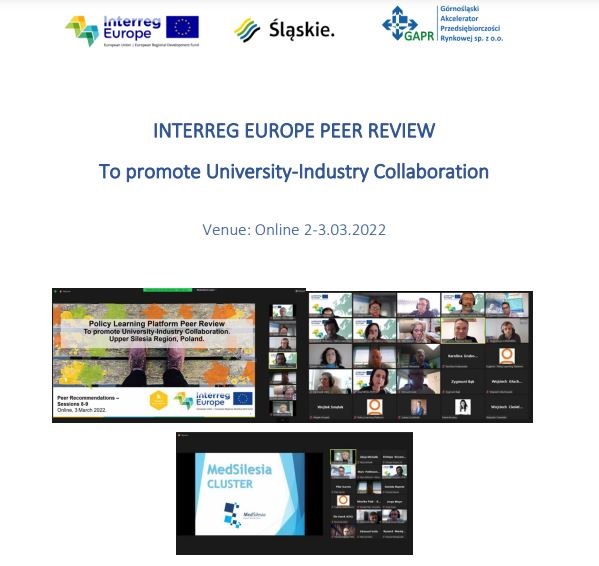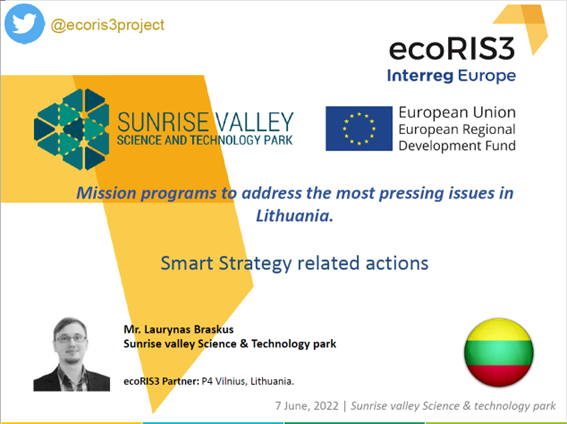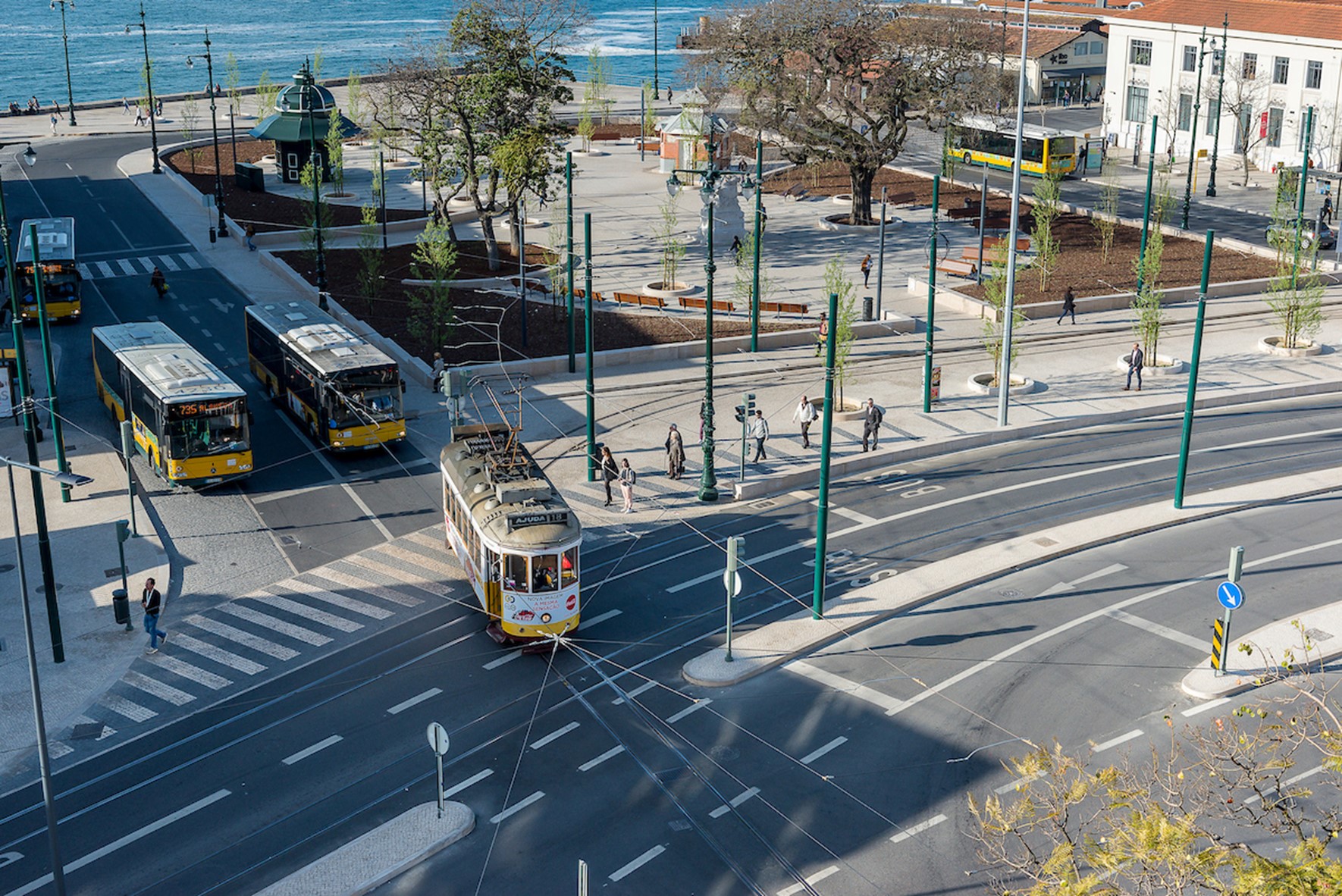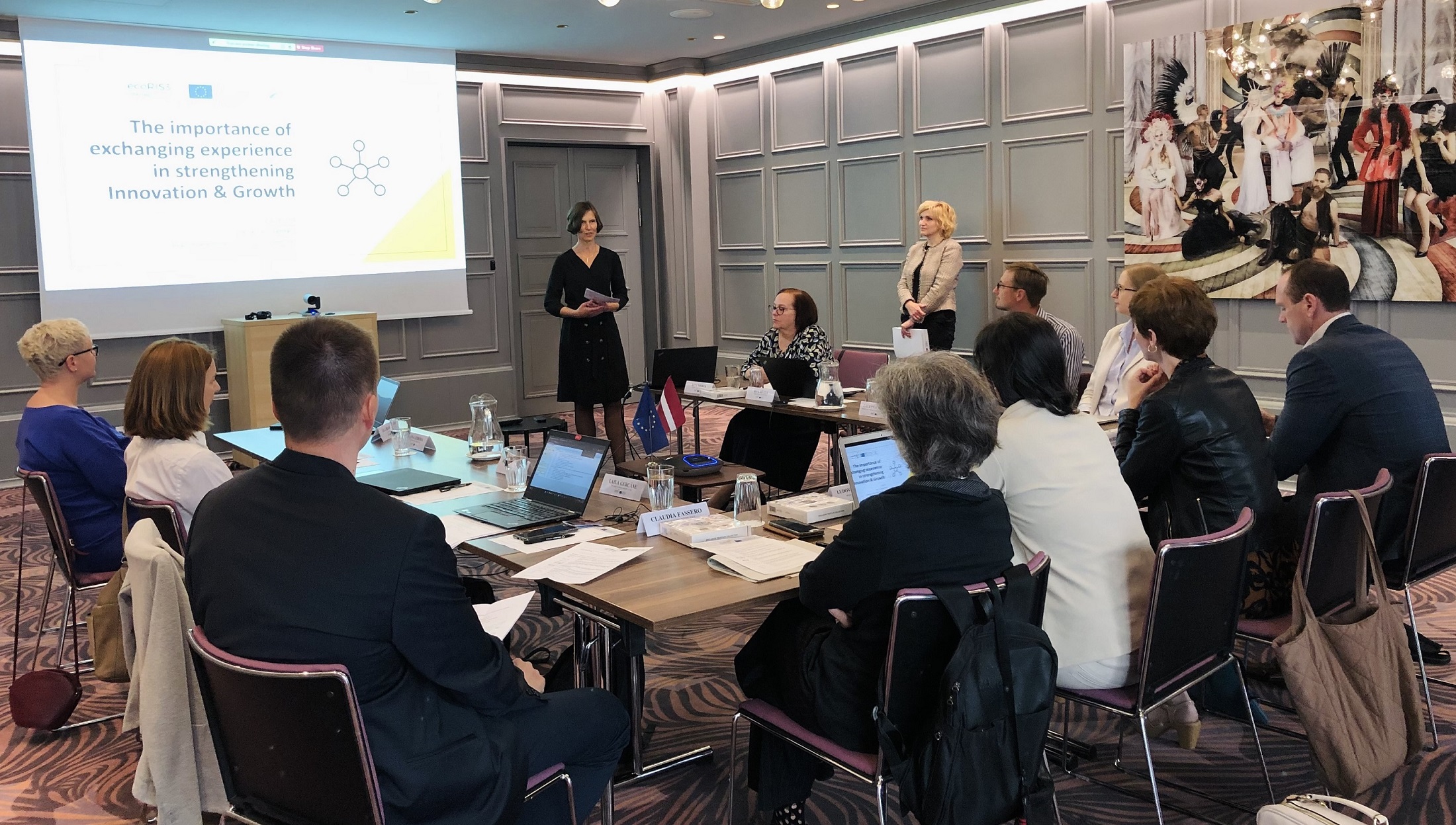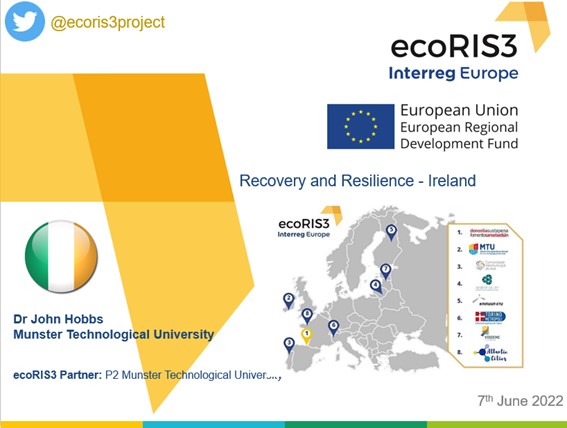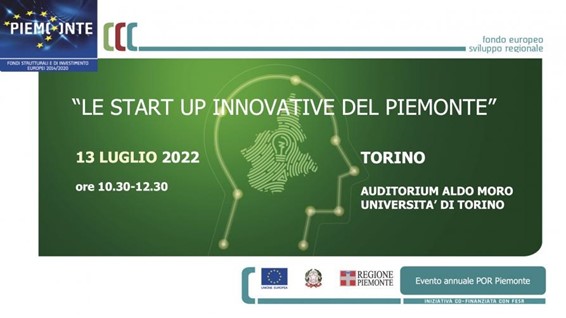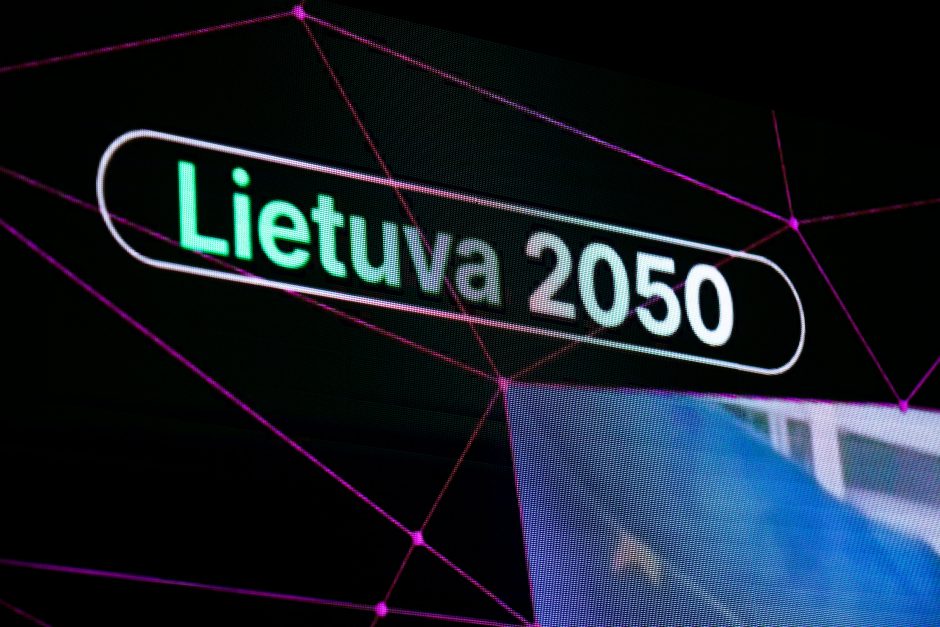On the 11th of April 2019 Interreg Europe hosted an Exchange of Experience Workshop at the Wild Theatre, Brussels at which the ecoRIS3 project was represented by Dr John Hobbs from the Cork Institute of Technology.
The focus of the exchange event which brought together over 500 participants from across 30 countries was to support Interreg Europe project partners to 1) design successful action plans, 2) mobilise stakeholders, 3) transfer good practices and experiences and 4) achieving results through implementing action plans. The exchanges took the format of peer to peer learning and advice from the Interreg Joint Secretariat.
The first session of the day focused on action plans, and covered, the Interreg programme requirements for action plans along with tips and tricks for designing successful action plans. Presentations were made by Erwin Siweris, Programme Director, Interreg Europe; Charo Camacho, Interreg Europe; José Maria Romero Fidalgo, TITTAN project; Mariagiovanna Laudani, RESOLVE project and Chris Ashe, ZEROCO2 project and the session was moderated by Petra Polaskova, Communications Officer, Interreg Europe.
Image: Charo Camacho, Interreg Europe; José Maria Romero Fidalgo, TITTAN project; Mariagiovanna Laudani, RESOLVE project and Chris Ashe, ZEROCO2 project contributing to action plan development at Europe Let’s Cooperate 11/4/2019
The presentations focused on the kinds of measures included and how they can potentially impact the policy instrument. The funding sources which can be used to finance the measures. Difficulties in finalising the action plans, and the potential changes which may be required to have the action plans approved by the joint secretariat.
Charo Camacho, Policy Officer at Interreg Europe suggests that project partners should not be worried about the action plan development but embrace the challenge. The action plan is an opportunity to further connect with local regional stakeholders, and the managing authority of policy instruments addressed to collaborate to have an impact at a regional level.
After a short coffee and networking break the next sessions split the partners from the various different Interreg Europe thematic areas into working groups to discuss the mobilisation of stakeholders, transferring of good practices and experiences and action plan development:
The following questions were addressed during these sessions:
- What are the main challenges and/or solutions to keep stakeholders involved?
- How to build a sense of ownership and maintain the interest of the stakeholders?
- How to work with the policy responsible body if not directly involved as a partner?
- How to identify good practices from others that could work in your region?
- What are the key steps for transferring a good practice between regions?
- How to address differences (e.g. legal, cultural) when adapting practices?
- What kind of measures are included and how do they impact the policy instrument?
- What funding sources can be used to finance the measures?
- Was it difficult to finalise the action plans? What changes (if any) were needed to have the action plans approved by the joint secretariat?
Image: learnings from the Interreg Europe thematic area working groups regarding mobilisation of stakeholders, transferring of good practices and experiences and action plan development with Policy officer Ilaria Ramaglioni @ Europe Let’s Cooperate 11/4/2019.
Dr John Hobbs found these working group sessions very engaging and it was helpful to share experiences from the ecoRIS3 project with other projects from the 1st and 2nd call whom have moved to phase 2 and others from the 3rd and 4th calls who were very much interested in the ecoRIS3 progress.
Image: Interreg Europe Policy Officer Ilaria Ramaglioni with partners from the R&D and SME Competitiveness Thematic Areas @ Europe Let’s Cooperate 11/4/2019.
The final session addressed the topic of ‘Achieving results through implementing action plans in phase 2 of Interreg Europe projects.’ This session was moderated by Petra Polaskova, Communication Officer Interreg Europe. It was contributed to by an expert panel which included: Nicolas Singer, Head of Unit – projects and Platforms Interreg Europe; Eleftherios Loizou, HoCare project; Joaquin Villar, BUILD2LC project and Colette Marie, PASSAGE project.
The session outlined:
- How the monitoring during phase 2 should be carried out.
- Methods to ensure stakeholder involvement in monitoring and implementation.
- Common difficulties encountered when implementing action plan measures.
- Examples of success which have already been achieved through the programme.
For further information and resources from the event visit the Europe Let’s Cooperate micro site https://www.interregeurope.eu/europecooperates2019/. The site contains information from the Exchange of Experience Workshop.
